Benefits of eating litchi fruit: The journey to better health is often paved with choices about what we eat. One of the fruits that deserve a spot in your diet is the litchi. Known for its sweet and slightly tart flavour, litchi is not only delicious but also packed with nutrients. In this blog, we will explore the benefits of eating litchi fruit, highlighting its nutritional value and how it can contribute to your overall well-being. Using the PAS copy-writing framework, we’ll address common health concerns, discuss how litchi can be a part of the solution, and provide you with comprehensive information, including the 100g litchi nutrition facts.
Problem: Health & Nutritional Deficiencies
Many of us are increasingly aware of the importance of maintaining a balanced diet. However, despite our best efforts, nutritional deficiencies are still prevalent. Common problems include a lack of essential vitamins, minerals, and antioxidants that are crucial for maintaining good health. These deficiencies can lead to a host of issues such as a weakened immune system, poor skin health, digestive problems, and chronic fatigue.
Must read: Height Increasing Workouts
Agitate: The Consequences of Ignoring Nutrition
Ignoring the importance of nutrition can have significant long-term consequences. For instance, a deficiency in Vitamin C can result in a weakened immune system, making you more susceptible to infections. Lack of dietary fiber can lead to digestive issues like constipation and bloating. Insufficient intake of antioxidants can accelerate aging and increase the risk of chronic diseases such as heart disease and cancer. These health issues not only affect your physical well-being but also your mental health, leading to decreased quality of life.
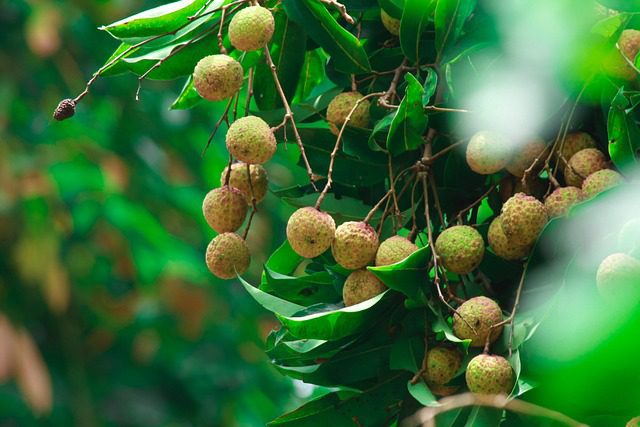
Solution: The Nutritional Benefits of Litchi
Introducing litchi into your diet can address many of these nutritional deficiencies. Let’s dive into the specific benefits of eating litchi fruit and how it can enhance your health.
1. Rich Source of Vitamin C
One of the standout nutritional benefits of litchi is its high Vitamin C content. Vitamin C is a powerful antioxidant that helps protect your body against free radicals, which can cause cellular damage. According to the 100g litchi nutrition facts, litchi contains approximately 71.5 mg of Vitamin C, which is more than the recommended daily intake for adults. This makes litchi an excellent fruit for boosting your immune system, improving skin health, and enhancing overall vitality.
Boosts Immunity
The high Vitamin C content in litchi strengthens the immune system, helping your body fend off illnesses and infections. Regular consumption of litchi can reduce the duration of common colds and improve your body’s resistance to various pathogens.
Promotes Skin Health
Vitamin C plays a crucial role in collagen synthesis, which is essential for maintaining skin elasticity and firmness. Including litchi in your diet can help reduce signs of aging, such as wrinkles and fine lines, and promote a healthy, glowing complexion.
2. Abundance of Antioxidants
Litchi is packed with antioxidants like polyphenols, flavonoids, and Vitamin C, which protect the body from oxidative stress. Oxidative stress is a major factor in the development of chronic diseases such as heart disease, diabetes, and cancer.
Heart Health
The antioxidants in litchi help improve cardiovascular health by reducing inflammation and preventing the oxidation of LDL cholesterol, which can lead to plaque formation in the arteries. Regular consumption of litchi can help lower the risk of heart attacks and strokes.
Cancer Prevention
Studies have shown that the polyphenols in litchi can inhibit the growth of cancer cells and induce apoptosis (cell death) in various types of cancer. Including litchi in your diet can be a proactive measure to reduce the risk of certain cancers.
3. High Water Content for Hydration
Litchi has a high water content, making it an excellent fruit for hydration. Proper hydration is essential for maintaining bodily functions, including digestion, circulation, and temperature regulation.
Supports Digestive Health
Hydration plays a key role in digestion, as it helps to soften stool and promote regular bowel movements. Consuming water-rich fruits like litchi can prevent constipation and improve overall digestive health.
Enhances Physical Performance
Staying hydrated is crucial for maintaining physical performance. The water content in litchi can help keep you hydrated, especially during intense physical activities or hot weather, reducing the risk of dehydration and heat-related illnesses.
4. Good Source of Dietary Fiber
Litchi is a good source of dietary fiber, which is essential for digestive health. According to the 100g litchi nutrition facts, litchi contains about 1.3 grams of dietary fiber.
Improves Digestion
The dietary fiber in litchi adds bulk to the stool and facilitates its movement through the digestive tract. This can help prevent constipation, reduce the risk of digestive disorders like irritable bowel syndrome (IBS), and promote overall gut health.
Helps in Weight Management
Fiber-rich foods like litchi can aid in weight management by promoting a feeling of fullness and reducing overall calorie intake. Including litchi in your diet can help you achieve and maintain a healthy weight.
5. Contains Essential Minerals
Litchi is rich in essential minerals such as potassium, copper, and magnesium, which play important roles in various bodily functions.
Supports Heart Health
Potassium is crucial for heart health, as it helps regulate blood pressure by balancing sodium levels in the body. Regular consumption of litchi can help maintain healthy blood pressure levels and reduce the risk of hypertension.
Promotes Healthy Bones
Copper and magnesium are vital for maintaining healthy bones. Copper aids in the formation of collagen, while magnesium is essential for bone density. Including litchi in your diet can contribute to stronger, healthier bones.
6. Low in Calories and Fat
Litchi is low in calories and fat, making it a healthy snack option for those looking to maintain or lose weight. According to the 100g litchi nutrition facts, litchi contains only about 66 calories and 0.4 grams of fat.
Ideal for Weight Loss
Due to its low calorie and fat content, litchi is an ideal fruit for those on a weight loss journey. It provides essential nutrients without adding excessive calories to your diet.
Promotes Heart Health
Low-fat foods like litchi can help reduce the risk of heart disease. Consuming litchi as part of a balanced diet can promote heart health and overall well-being.
7. Natural Sugar for Energy
Litchi contains natural sugars that provide a quick and sustainable source of energy. This makes it an excellent fruit to consume before or after physical activities.
Boosts Energy Levels
The natural sugars in litchi are easily digestible and can provide an instant energy boost. This makes Litchi a great option for athletes or individuals needing a quick energy pick-me-up.
Improves Mood
Natural sugars can also help improve mood by providing a quick source of energy to the brain. Including litchi in your diet can help you stay alert and focused throughout the day.
Practical Tips for Including Litchi in Your Diet
To reap the nutritional benefits of litchi, consider incorporating it into your daily diet. Here are a few practical tips:
- Fresh Litchi: Enjoy fresh litchi as a snack on its own. Simply peel the skin and remove the seed to enjoy its juicy flesh.
- Litchi Smoothies: Add fresh or frozen litchi to your smoothies for a refreshing and nutritious drink.
- Litchi Salads: Include litchi in fruit salads or mixed greens salads for a sweet and tangy flavor.
- Litchi Desserts: Use litchi in desserts such as sorbets, ice creams, and puddings for a healthy and delicious treat.
- Litchi in Savory Dishes: Add litchi to savory dishes like stir-fries or salsas for a unique twist.
By incorporating litchi into your diet, you can enjoy its delicious taste while benefiting from its rich nutritional profile.
Final Thoughts
Litchi is more than just a tasty fruit; it is a nutritional powerhouse that can significantly contribute to your overall health. From providing essential vitamins and minerals to offering hydration and aiding digestion, the benefits of eating litchi fruit are extensive. By understanding the 100g litchi nutrition facts and incorporating this fruit into your diet, you can address common nutritional deficiencies and enjoy a healthier, more vibrant life.
Remember, a balanced diet rich in fruits like litchi, combined with regular physical activity and a healthy lifestyle, is key to achieving and maintaining optimal health. Make litchi a part of your daily routine and experience the positive impact it can have on your well-being.

Conclusion on Benefits of eating litchi fruit | Benefits of eating litchi fruit
Incorporating litchi into your diet can provide numerous health benefits, addressing common nutritional deficiencies and promoting overall well-being. The benefits of eating litchi fruit extend beyond its delicious taste. From boosting your immune system and improving skin health to supporting heart health and aiding in digestion, litchi is a powerhouse of essential nutrients.
You can also read: Calories in a Small Green Apple
FAQ on 100g Litchi nutrition facts | Nutritional benefits of litchi
Q1: What are the main benefits of eating litchi fruit?
A1: The benefits of eating litchi fruit are numerous. Litchi is rich in Vitamin C, which boosts the immune system and promotes skin health. It also contains antioxidants that protect against oxidative stress and chronic diseases. Additionally, litchi provides dietary fiber, which aids digestion, and essential minerals like potassium and copper that support heart health and bone strength.
Q2: What are the 100g litchi nutrition facts?
A2: Understanding the 100g litchi nutrition facts can help you appreciate its nutritional value. Per 100 grams, litchi contains approximately:
- Calories: 66
- Protein: 0.8 grams
- Carbohydrates: 16.5 grams
- Sugars: 15.2 grams
- Dietary Fiber: 1.3 grams
- Fat: 0.4 grams
- Vitamin C: 71.5 mg
- Potassium: 171 mg
- Magnesium: 10 mg
- Copper: 0.14 mg
These values highlight litchi’s low calorie and fat content, making it a healthy addition to your diet.
Q3: How does the Vitamin C in Litchi benefit my health?
A3: Vitamin C is a powerful antioxidant that supports the immune system, helps the body absorb iron, promotes skin health by aiding collagen production, and protects against free radicals. Consuming litchi can help prevent common colds, improve skin elasticity, and reduce the risk of chronic diseases.
Q4: What are the specific nutritional benefits of litchi?
A4: The nutritional benefits of litchi include:
- High Vitamin C content, which boosts immunity and skin health.
- Antioxidants that reduce inflammation and protect against heart disease and cancer.
- Dietary fiber that supports digestive health and helps with weight management.
- Essential minerals like potassium, which helps regulate blood pressure, and copper, which aids in bone health.
Q5: Can Litchi help with weight management?
A5: Yes, litchi can aid in weight management due to its low calorie and fat content. The dietary fiber in litchi promotes a feeling of fullness, reducing overall calorie intake. Its natural sugars provide a quick energy boost without the excess calories found in processed snacks.
Q6: How does litchi support heart health?
A6: Litchi supports heart health in several ways:
- Potassium in litchi helps regulate blood pressure by balancing sodium levels.
- Antioxidants prevent the oxidation of LDL cholesterol, reducing plaque formation in arteries.
- Low-fat content reduces the risk of heart disease.
Q7: Is litchi good for skin health?
A7: Absolutely. The high Vitamin C content in litchi promotes collagen production, which is essential for maintaining skin elasticity and firmness. Antioxidants in litchi help combat free radicals, reducing signs of aging such as wrinkles and fine lines.
Q8: How does litchi improve digestion?
A8: Litchi improves digestion through its dietary fiber content. Fiber adds bulk to the stool, facilitating its movement through the digestive tract and preventing constipation. It also promotes the growth of healthy gut bacteria, enhancing overall digestive health.
Q9: Can litchi be part of a diabetic diet?
A9: While litchi contains natural sugars, it can still be included in a diabetic diet in moderation. Its high fiber content helps regulate blood sugar levels by slowing down the absorption of sugars. However, it is advisable for individuals with diabetes to consult with their healthcare provider before adding litchi to their diet.
Q10: How does the water content in litchi benefit the body?
A10: Litchi has a high water content, which helps keep the body hydrated. Proper hydration is essential for maintaining bodily functions, including digestion, circulation, and temperature regulation. Consuming water-rich fruits like litchi can prevent dehydration, especially in hot weather or during physical activities.
Q11: What is the best way to include litchi in my diet?
A11: There are several ways to include litchi in your diet:
- Enjoy fresh litchi as a snack.
- Add litchi to fruit salads or mixed greens salads.
- Blend litchi into smoothies for a refreshing drink.
- Use litchi in desserts such as sorbets or puddings.
- Incorporate litchi into savory dishes like stir-fries or salsas.
Q12: Are there any potential side effects of eating litchi?
A12: Litchi is generally safe to eat for most people. However, excessive consumption can lead to digestive issues like bloating or diarrhea due to its high fiber content. Additionally, unripe litchi contains certain compounds that can cause a drop in blood sugar levels, particularly in children. It’s important to consume ripe litchi in moderation and as part of a balanced diet.
Q13: How does litchi help in reducing oxidative stress?
A13: Litchi is rich in antioxidants such as Vitamin C, polyphenols, and flavonoids. These antioxidants neutralize free radicals, which are unstable molecules that can cause cellular damage and contribute to chronic diseases. By reducing oxidative stress, litchi helps protect the body from inflammation and various health issues.
Q14: Can litchi improve mental health and mood?
A14: Yes, litchi can contribute to better mental health and mood. The natural sugars in litchi provide a quick source of energy to the brain, improving alertness and focus. Additionally, the antioxidants and Vitamin C in litchi help reduce oxidative stress, which has been linked to better mental well-being.
Q15: Is Litchi suitable for children?
A15: Litchi can be a healthy and nutritious fruit for children when consumed in moderation. Its sweet taste makes it appealing to kids, and its high Vitamin C content supports their immune system. However, it’s important to ensure that children do not consume unripe litchi, which can be harmful.
Q16: How does litchi contribute to bone health?
A16: Litchi contains essential minerals like copper and magnesium, which are important for bone health. Copper aids in the formation of collagen, a key component of bone and connective tissue, while magnesium supports bone density. Including litchi in your diet can help maintain strong and healthy bones.
Q17: Can litchi be consumed during pregnancy?
A17: Litchi can be a healthy addition to a pregnant woman’s diet due to its high Vitamin C content and other essential nutrients. However, it should be consumed in moderation to avoid potential digestive issues. Pregnant women should consult their healthcare provider before making significant changes to their diet.
Q18: What are the storage tips for litchi to retain its nutritional benefits?
A18: To retain the nutritional benefits of litchi, it is best to store them in a cool, dry place if you plan to consume them within a few days. For longer storage, refrigerate litchi in a perforated plastic bag to maintain their freshness. Avoid exposure to direct sunlight and high temperatures, which can cause them to spoil quickly.
You can also read:
Best Exercise In Morning vs Evening
Almond Milk Is It Good For You
What is Physical Science: Study of Matter and Energy
10 Uses of Artificial Intelligence in Our Daily Life

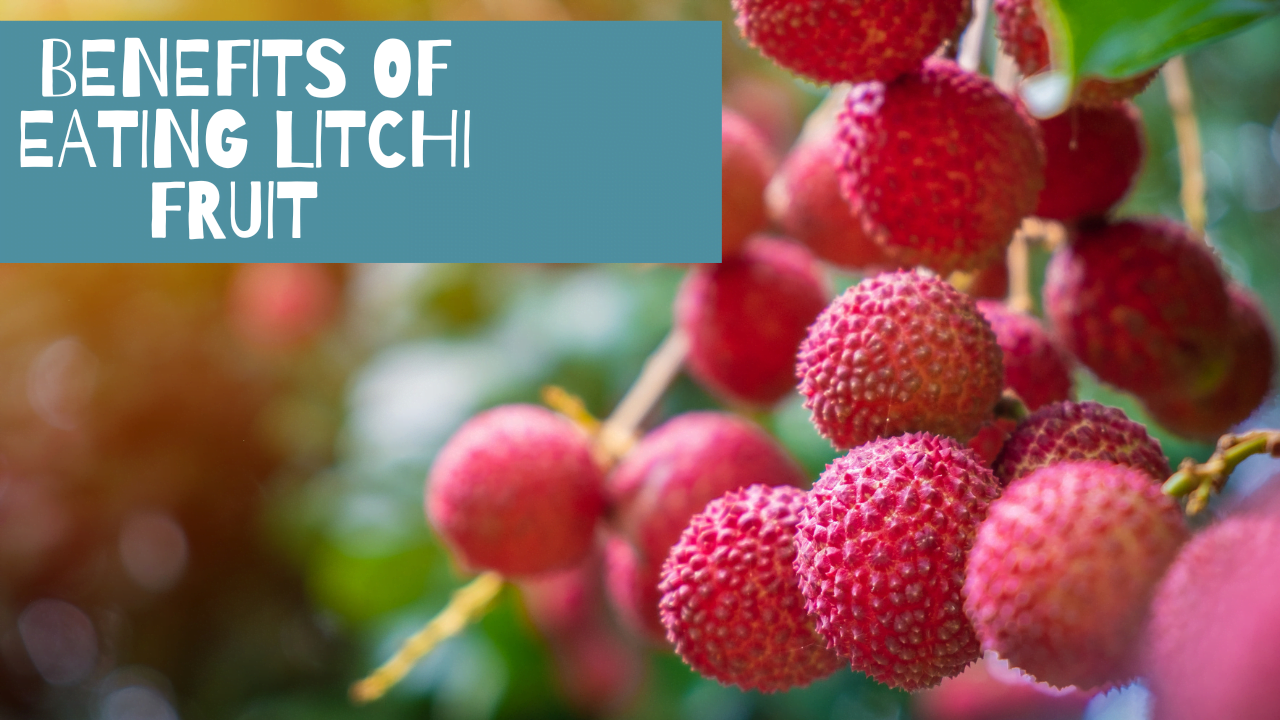
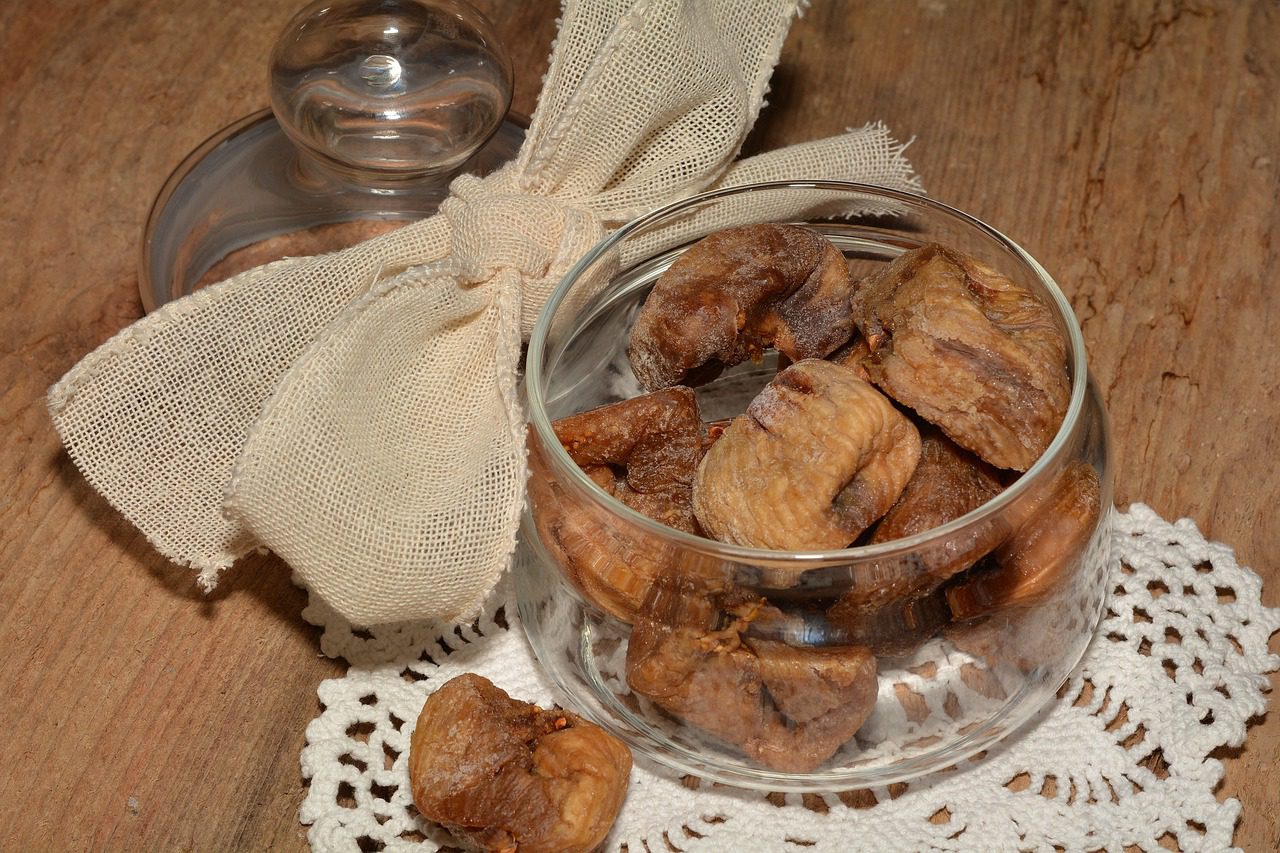
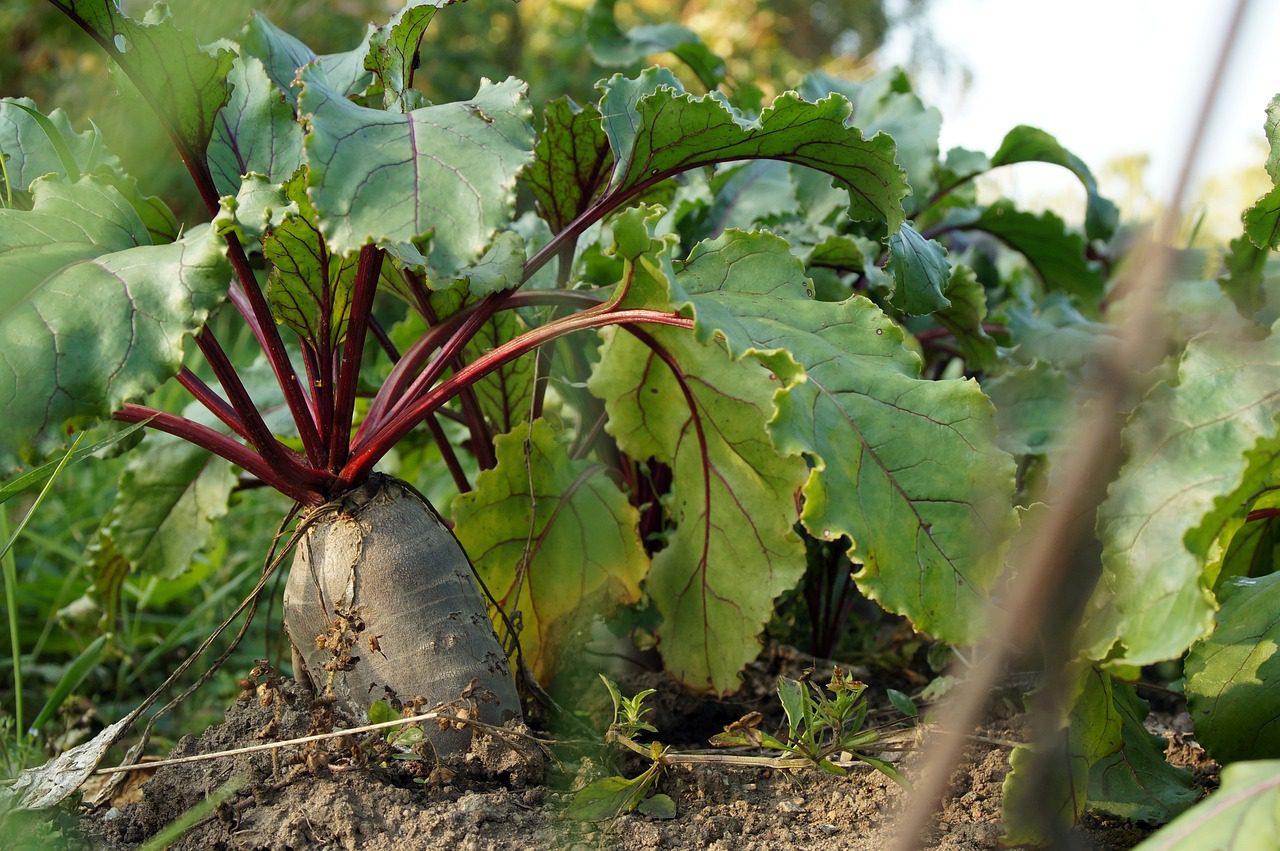
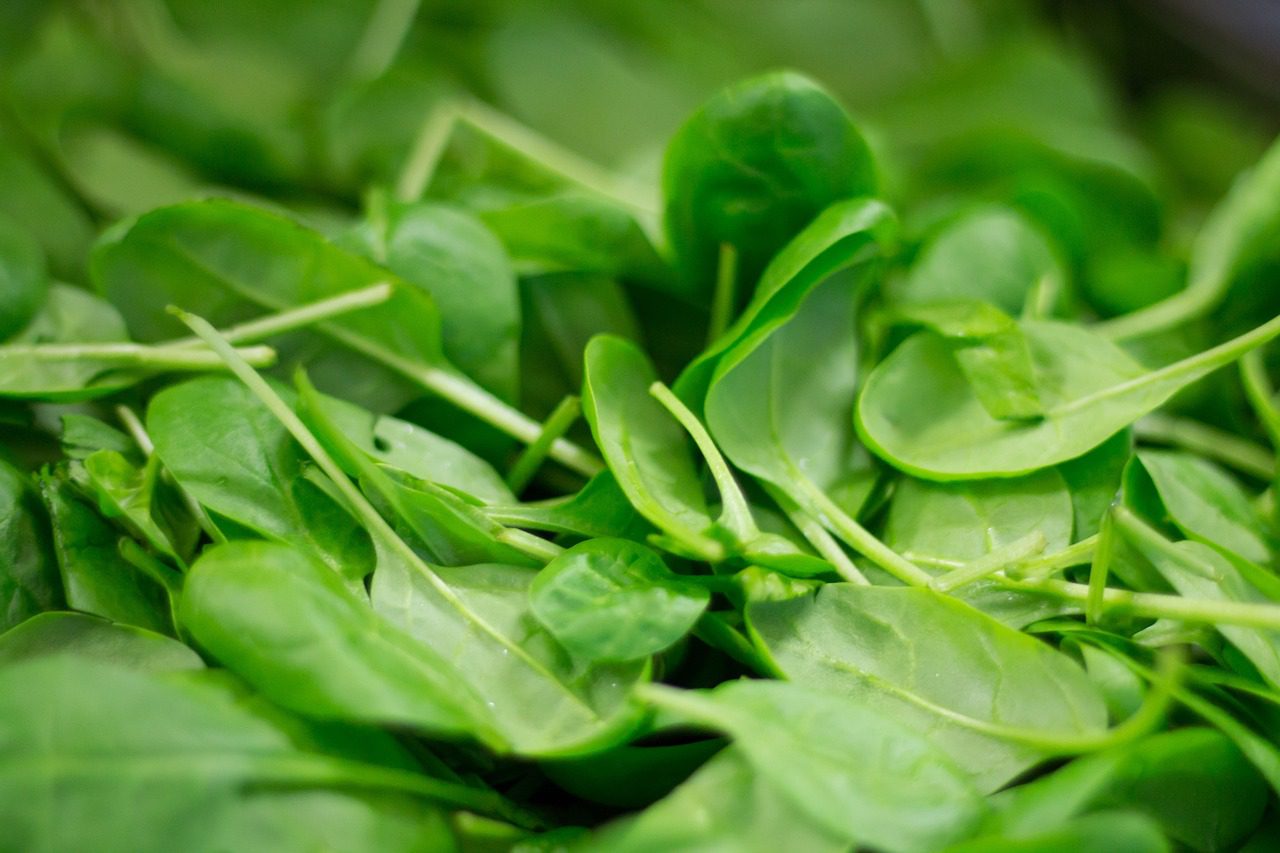





Leave a Reply